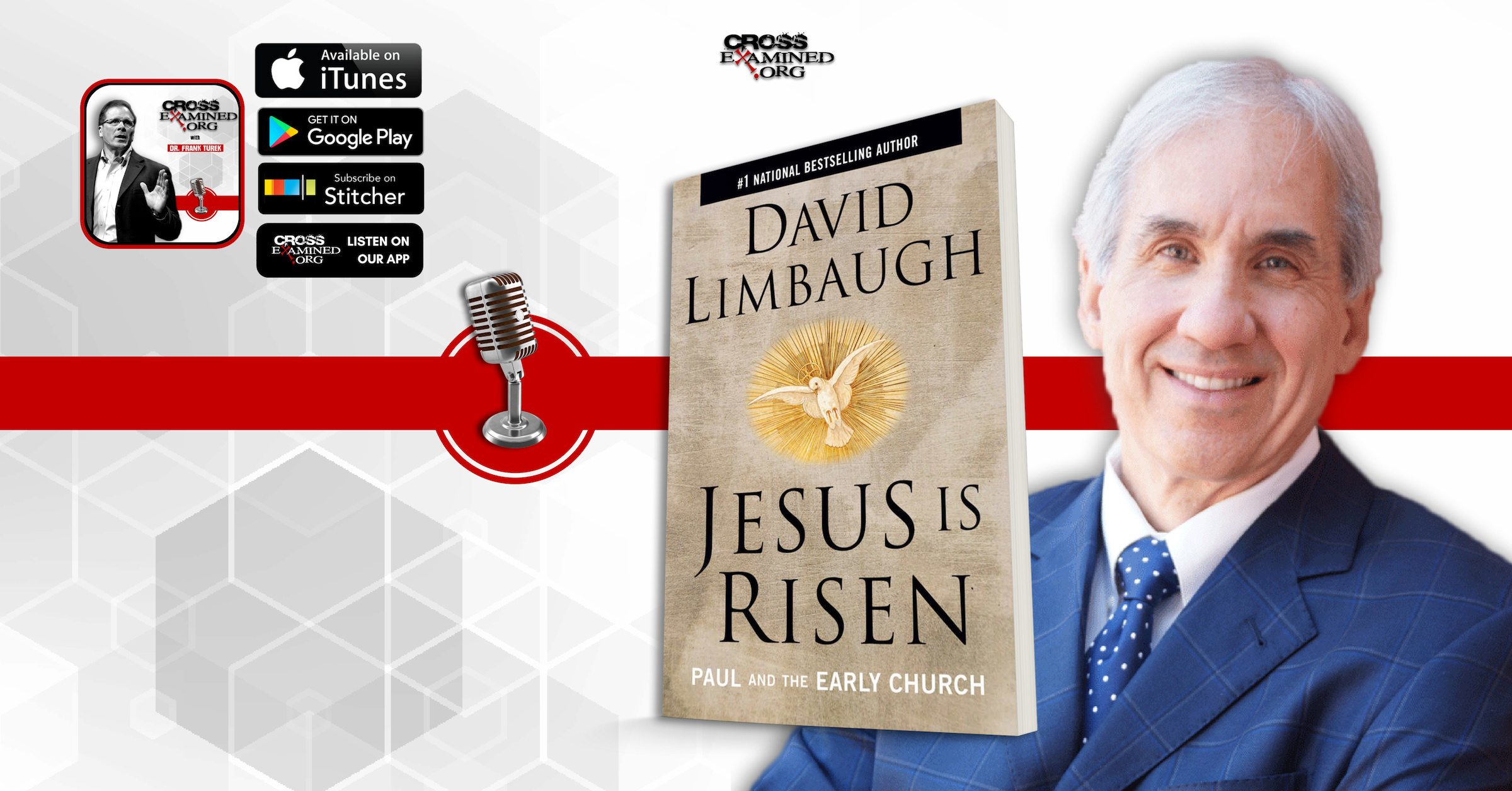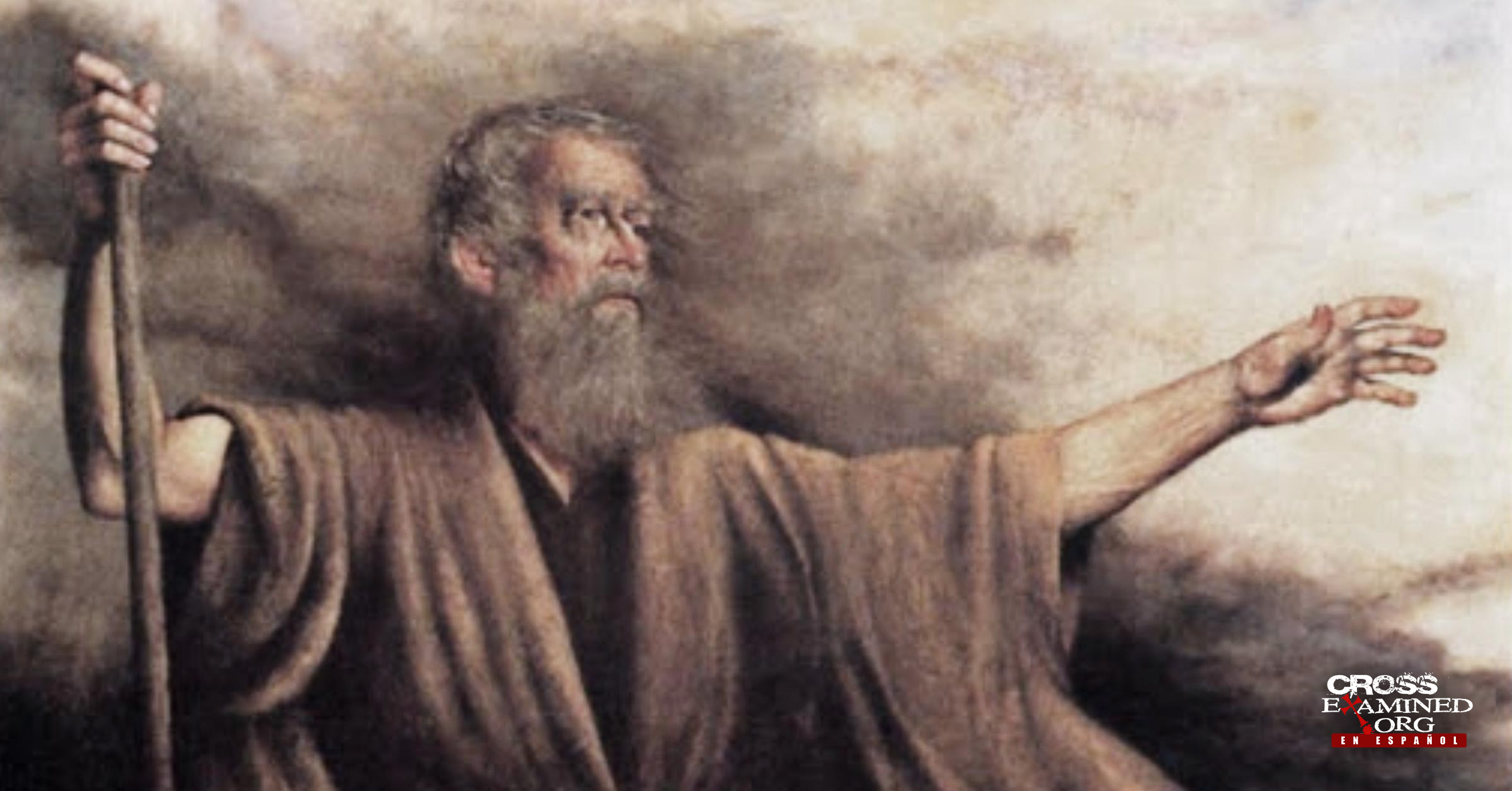3 Apologetics Strategies from the Book of Acts
”Do you understand what you’re reading?“
This simple question is credited with carrying Christianity into Ethiopia. (1) Acts chapter 8 tells of Philip being led to the desert by an angel to meet an officer from the court of the Queen of Ethiopia. Philip finds him reading an Isaiah scroll containing prophecies about the Messiah. At this point, Philip could have walked up and boldly declared, “I have been sent to you today to proclaim the good news of Jesus the Messiah!” But he didn’t. He met this man right where he was at and asked a good question, which then led to an explanation of the gospel. This is apologetics at its best.
Apologetics is sometimes called “pre-evangelism” because it can help clear intellectual obstacles in the way of faith. The command to do apologetics is found in 1 Peter 3:15 which tells us to always be “prepared to make a defense to anyone who asks you for a reason for the hope that is in you.” The Greek word translated as “defense” is apologia, which is where we get our English word, “apologetics.” In the book of Acts, when the apostles did evangelism, they did apologetics.
They were constantly defending their faith—to religious leaders, political officers, secular philosophers, and average citizens. Here are 3 ways they used apologetics to defend their faith:
1. They defended the gospel, not themselves.
The apostles were no strangers to trials, councils, and prisons. In Acts 4, Peter and John were brought before the Jerusalem high council and were challenged to defend their right to preach the resurrection of Jesus. Peter wasn’t even one sentence into his defense when he began to proclaim the gospel. He didn’t spend his energy trying to clear his name, or avoid prison time—he preached the resurrection of Jesus to the very council that was questioning him.
This example was also followed by the martyr Stephen in chapters 6-7. Stephen was a Jewish Christian who was brought before the council and accused of blasphemy against Moses and God. In his famous speech, he addressed the council by recounting the history of the Jews, pointing out that God’s true prophets have always been rejected. He also stressed that God’s presence isn’t confined to one specific geographical area or temple. On one level, Stephen answered the charges of blasphemy. But even more, he opened the door theologically for the church’s worldwide mission. It was a brilliant defense of the gospel. New Testament scholar F.F. Bruce commented on Stephen’s famous “defense”:
It is obviously not a speech for the defense in the forensic sense of the term. [It is] by no means calculated to secure an acquittal before the Sanhedrin. It is rather a defense of pure Christianity as God’s appointed way of worship. (2)
The great preacher Charles Spurgeon said this of Stephen:
We see him defending the faith against a synagogue of subtle philosophical deniers of the truth. Stephen the deacon became Stephen the preacher….he had a higher promotion yet—when he had thus become Stephen the wise apologist. (3)
When our faith is under fire, it can be tempting to become defensive. But we would be wise to follow the example of the apostles and defend the gospel, not ourselves.
2. They shared eyewitness evidence of Jesus’ resurrection, not their personal testimonies.
The personal testimonies of the apostles certainly intersected the eyewitness accounts of Jesus’ resurrection because they were the eyewitnesses. But their message was focused on Jesus, not themselves. In other words, when they shared the gospel, they didn’t talk about what Jesus did for them personally and then simply invite others to have a personal relationship with Him. They testified to the fact that He was crucified, buried, and resurrected, offering salvation to all who would repent and put their faith in Jesus the Messiah. This theme is consistent throughout the book of Acts.
Personal testimony can be a great way to build a relationship, but our testimonies should always point to something greater—the good news of the death and resurrection of Jesus.
3. They knew Scripture but sometimes didn’t use it right away.
The first Christians were Jews who were steeped in the Old Testament Scriptures. When Paul was converted in chapter 9, he immediately began preaching to the Jews in Damascus, “proving that Jesus was the Christ.” In chapter 13, he spoke in the synagogue in Antioch, referring to the Old Testament Scriptures to show the Jews that Jesus was the expected Messiah. In chapter 17, he went into the synagogue in Thessalonica and “reasoned with them from the Scriptures.”
Later in the same chapter, Paul was in Athens conversing with Epicurean and Stoic philosophers. These philosophers wouldn’t have accepted the Jewish Old Testament as authoritative, so Paul used a different tactic to get to the gospel. Rather than appeal to the Scriptures, he mentioned their own religious altar with the inscription, “To the unknown god.” He then proceeded to introduce them to the God they didn’t yet know, even quoting their own respected philosophical thinkers. He used this as a tactic to testify to the resurrection of Jesus.
This does not mean that the Scriptures were unimportant or ignored. It just means that sometimes we need to meet people where they are at and start from there.
Conclusion:
The apostles used apologetics creatively, adapting their method to the situation they were in. The common theme among these three methods is that the gospel was always the main point. The apostles kept the focus of their evangelism on the resurrection of Jesus and the hope of saving faith in Him—and we should too!
Recommended resources related to the topic:
I Don’t Have Enough Faith to Be an Atheist (Paperback), and (Sermon) by Norman Geisler and Frank Turek
Stealing From God by Dr. Frank Turek (Book, 10-Part DVD Set, STUDENT Study Guide, TEACHER Study Guide)
Tactics: A Game Plan for Discussing Your Christian Convictions by Greg Koukl (Book)
Defending the Faith on Campus by Frank Turek (DVD Set, mp4 Download set, and Complete Package)
So the Next Generation will Know by J. Warner Wallace (Book and Participant’s Guide)
Fearless Faith by Mike Adams, Frank Turek, and J. Warner Wallace (Complete DVD Series)
__________________________________________________________________________________________________________________________________________________
Alisa Childers is an American singer and songwriter, best known for being in the all-female Christian music group ZOEgirl. She has had a string of top ten radio singles, four studio releases, and received the Dove Award during her time with ZOEgirl. In later years, Alisa found her life-long faith deeply challenged when she started attending what would later identify as a Progressive Christian church. This challenge pushed Alisa toward Christian Apologetics. Today you can read, listen and watch Alisa’s work online as well as purchase her recently published book on Progressive Christianity titled Another Gospel.
Original Blog Source: https://cutt.ly/fmwkNU8











